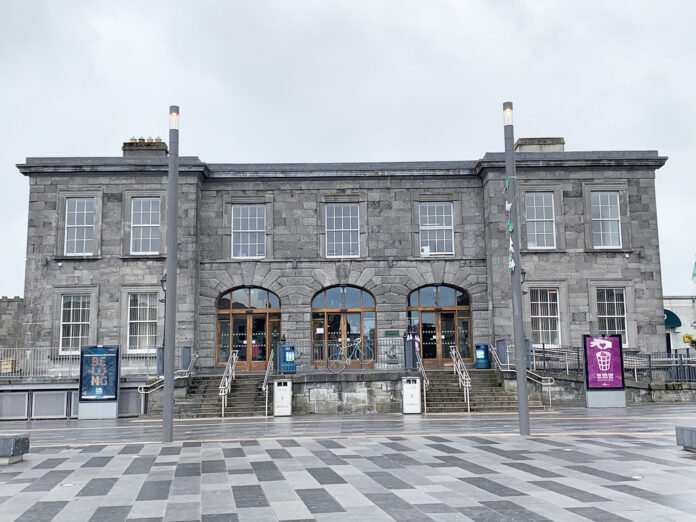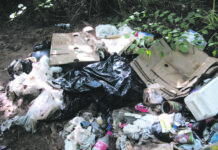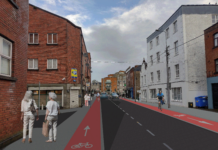
A DECLINE in the number of litter blackspots has seen Limerick City improve its rating to ‘moderately littered’ in the latest survey carried out by An Taisce for the Irish Business Against Litter (IBAL) group.
There was also continued improvement recorded in Galvone which has moved from being one of the worst litter blackspots in the country to a rating of ‘littered’.
While Covid face mask litter has decreased, IBAL believes that the prevalence of disposable coffee cups on streets warrants action such as a Government levy.
The report for Limerick City stated that, in tandem with other cities, it has improved over the past six months, with the absence of litter blackspots a contributing factor.
“There was just one blackspot in the city, at Lower Mallow Street, compared to five last year and 40 per cent of sites were free of litter. Improvements were noted at the entrance to Cruises Street Car Park, Colbert Station and at Thomondgate.
Heavily littered sites included Cecil Street, wasteground at Thomondgate and a back lane at Parnell Street.
The report for Galvone stated that it was heartening to see the recent improvement in Galvone continue into 2022. Only two of the ten sites surveyed were heavily littered. The Industrial Estate was again a litter blackspot and the Bring Facility at Roxboro Shopping Centre was again subject to dumping.
“If these sites were addressed, we would see Galvone make a rapid rise up the ranking,” the adjudicators stated.
Two-thirds of the 40 towns and cities surveyed were found to be clean, among them Naas, which retained its position at the top of the rankings, ahead of Letterkenny and Cavan.
Overall litter levels showed a decrease on last year, with a dramatic fall of 50 per cent in the number of sites rated as litter blackspots.
“We’ve been calling on local authorities to prioritise the very bad sites in a town or area and it seems this call has been heeded,” IBAL spokesperson Conor Horgan explained.
“We see the benefits especially in urban areas, where very heavy littering and dumping was at its worst. It’s early days, but there are signs that the disadvantaged areas we have focussed on are finally coming good, albeit from a low base.”










